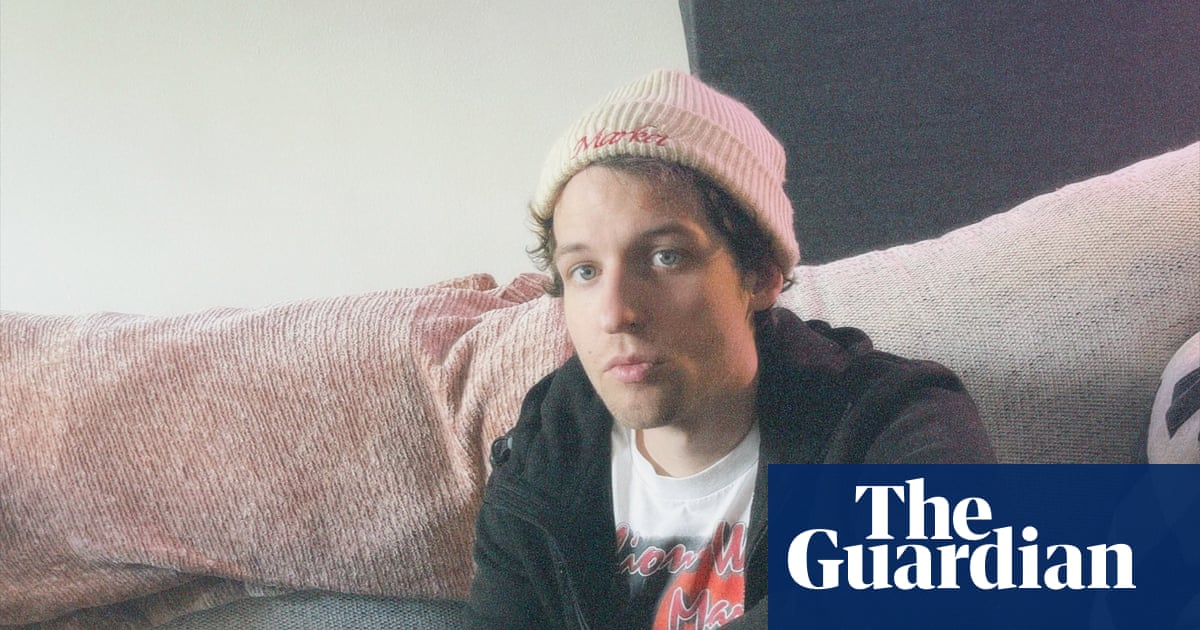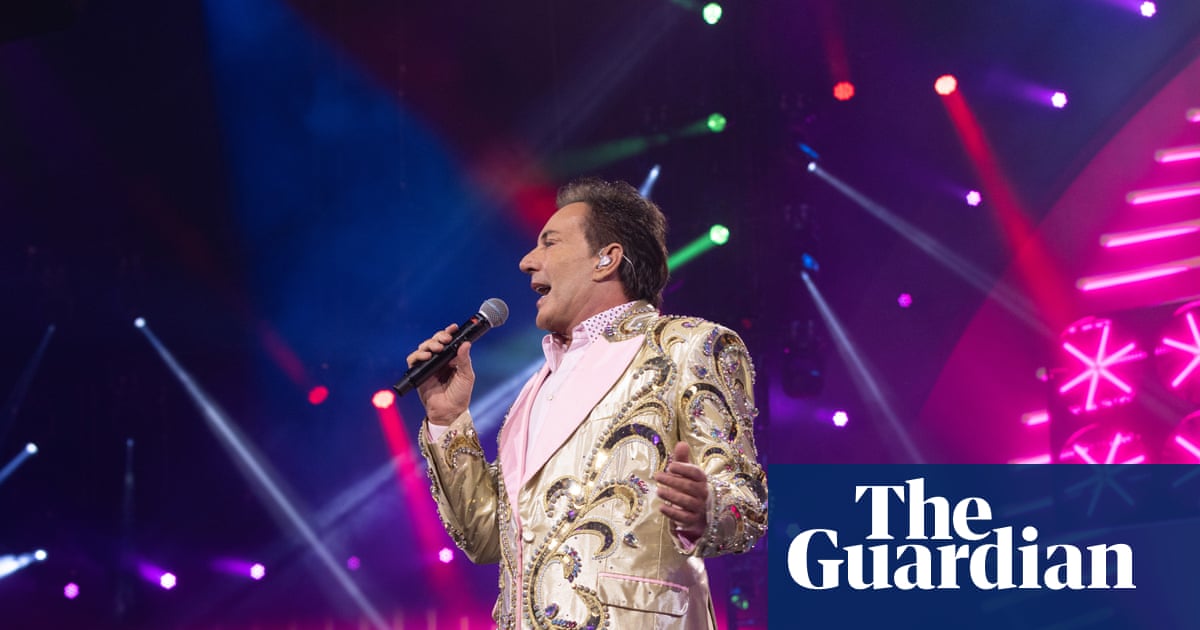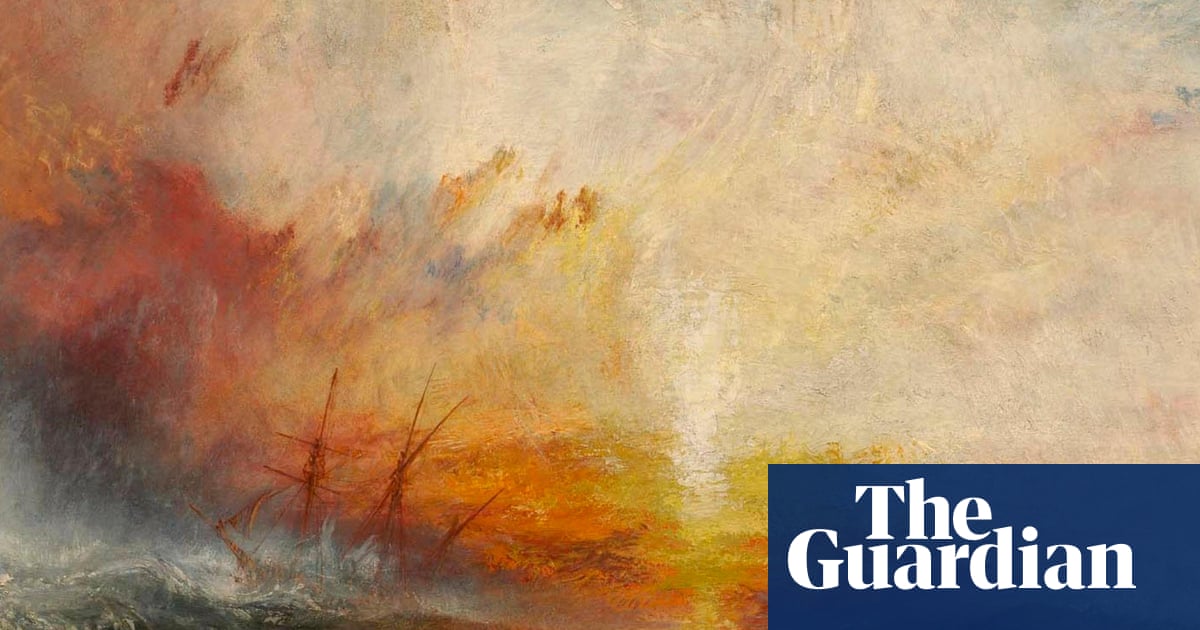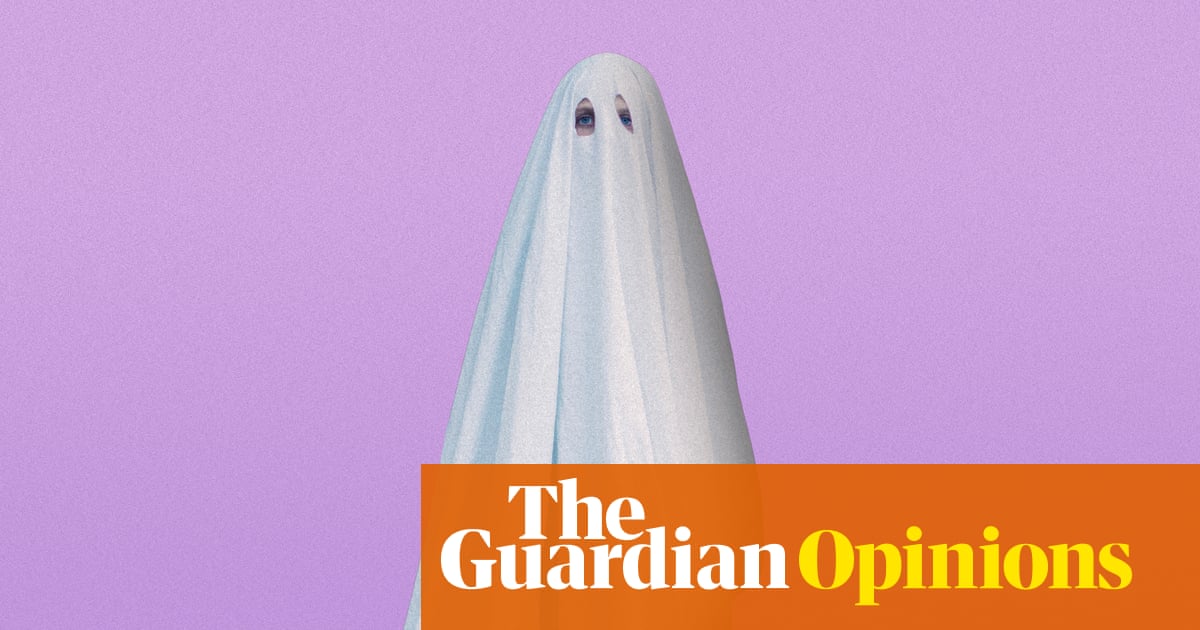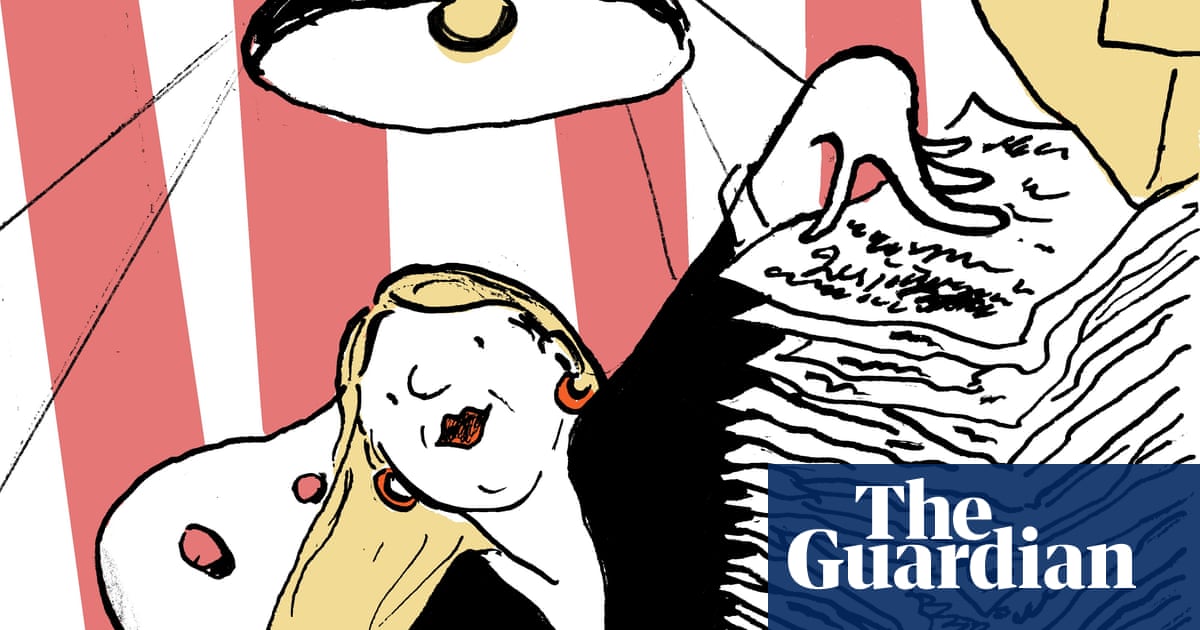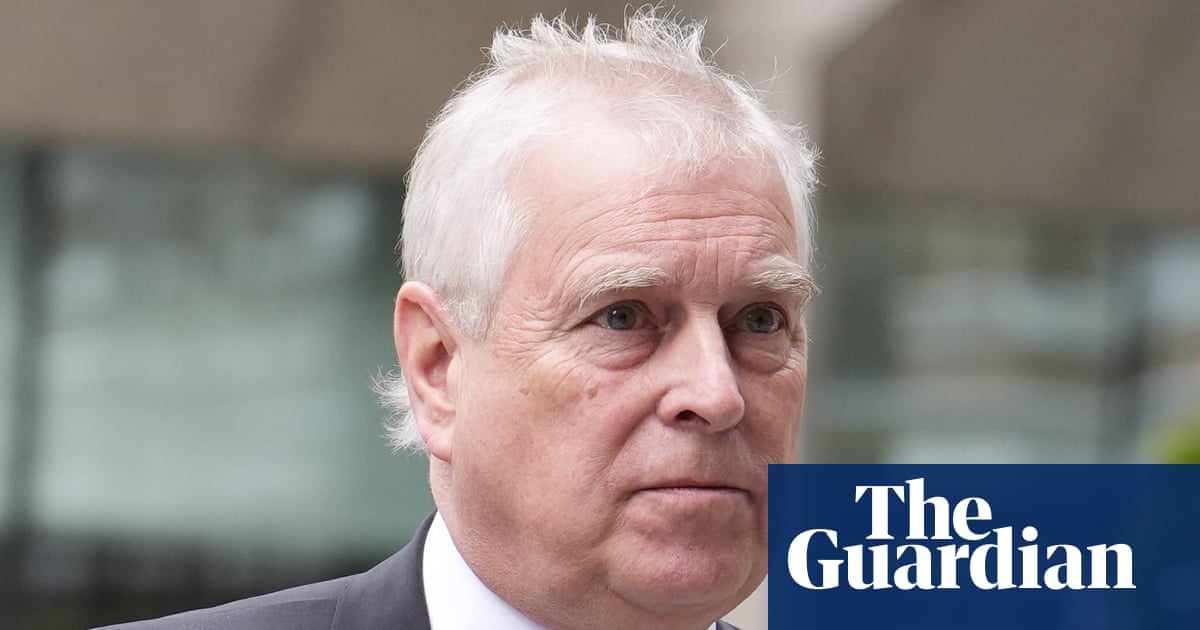There’s a scene in the new series of Dreaming Whilst Black that truly nails the feeling of wanting the ground to open up and swallow you whole. After grinding it out as a recruitment consultant and a takeaway driver, struggling film-maker Kwabena has finally landed his first TV job, directing a prestigious period drama titled Sin and Subterfuge. It’s a gruelling gig, and the fact that the lead role has been given to a ditzy reality star with no acting experience proves to be the least of his worries. Under pressure to make a stationary carriage in front of a green screen look as though it’s actually moving, he instructs the crew to grab “leaves, branches, anything you can from outside … any forms of foliage!” and wave them in front of the camera while vigorously shaking the vehicle. Screws begin to fly in all directions – and you get the sense that Kwabena’s television career is just as unsteady.
Gladly, Adjani Salmon, who plays Kwabena and is also the co-creator and writer of the acclaimed comedy, is having a bit more luck. The first series of Dreaming Whilst Black was praised by critics as a sharp and surreal take on Black British life, with comparisons made to US series such as Atlanta and Insecure. For Salmon, though, some of the highest praise came from hearing that clips were being shared by Caribbean and African “aunties” in their group chats.
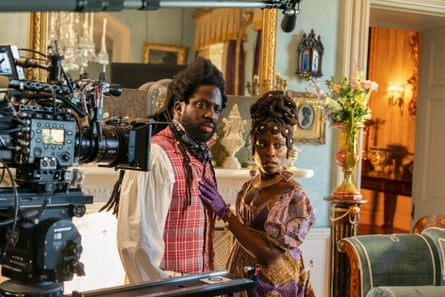
Series two – due this autumn – is both funnier and more twisted, as Kwabena moves from desperate outsider to an insider with the odds still vastly stacked against him, as the making of Sin and Subterfuge descends into chaos (truly, “carriagegate” is just the tip of the iceberg). As for the foliage scene, it’s a neat – if apparently unintentional – callback to Salmon’s own career. When he, too, was toiling to get his big break in the arts, he worked as a labourer at Pinewood’s “greens” department, travelling two and a half hours each day from his aunt’s house in north London to the film studios in Buckinghamshire. There, he would fashion plants and earth into verdant sets for films such as Disney’s 2016 live-action version of The Jungle Book. “The first job I did, they pushed the shoot back, so the leaves died on all the trees,” says Salmon. “We had to spray paint them green …”
Despite his mammoth Perspex sunglasses and the pile of swag bags he’s toting from an earlier PR event, when we meet at his agent’s Soho HQ it’s clear that the 36-year-old still has his feet very much on the ground. Warm and high-spirited, he is unguarded when it comes to the obstacles he’s overcome – many of which he’s channelled into the series.
Born in England and raised in Jamaica (his accent tends towards British in the series, but is dotted with Patois in real life), he initially studied architecture in the UK before turning his hand to video editing, working on shows such as Mission Catwalk, the Caribbean equivalent of Project Runway. After an MA in directing back in London, opportunities failed to materialise, leading Salmon and a group of friends to create a webseries in which he played a young film-maker struggling to get a foothold in the industry. This was, after all, the golden age of the webseries; among his inspirations was Awkward Black Girl, Issa Rae’s brilliant DIY precursor to Insecure.
Salmon’s own webseries was released in 2018, and accepted for a number of film festivals – including one in Rio de Janeiro. Salmon had just £500 to his name, the same amount that the flights would cost. “If I drop this £500 I’m going to zero, and I’ll have to do the whole trip in my overdraft,” he recalls. He went to the festival’s awards evening nonetheless – and recalls hearing the names of other rival series being read out, again and again. “Being nominated is not a ting!” he says with a belly laugh. “Being a winner is the ting”. Just when he was beginning to lose all hope, his series began to win award after award. “I was pouring my heart out on stage [during my speeches], like, ‘I borrowed money for this shit! Man, you don’t know how much this means to me!’” The team ended up winning best international series and, almost eerily, a cash prize of £500.
The TV pilot of Dreaming Whilst Black was released in 2021 and by the time it was commissioned by the BBC for a full series – with US indie powerhouse A24 extending its Midas touch alongside original producers Big Deal – Salmon had already nabbed both a Bafta for emerging talent and a Royal Television Society award. He and his collaborators, he says, had “no idea how to make our show”, but perhaps that was what made it work. Certainly, the end result was like nothing else on TV in 2023, a series that was as likely to feature a parody of a UK government video about the benefits of the British empire as it was a bus-stop meet-cute between Kwabena and love interest Vanessa (Babirye Bukilwa).
after newsletter promotion
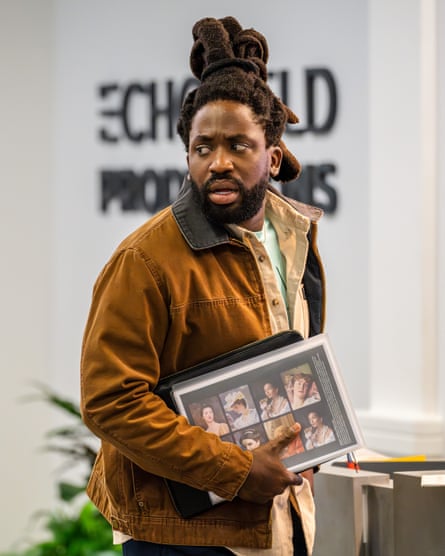
Salmon credits his Jamaican upbringing with his genre agnosticism, and his sense that “every dark story is funny – and every funny story is dark.” Give the story of Kwabena – money troubles, racist encounters and all – to another writer, says Salmon, “and it’s a drama … you get laboured by the darkness”. Where it does go to difficult places, Dreaming Whilst Black does so in a way that looks its audience dead in the eye, and maybe makes them feel less alone. At a Q&A in France for the original webseries, a Black audience member asked why she would want to watch more of the discrimination she already experienced in her daily life. “I was like: ‘You should come home and watch it so that you know you’re not crazy,’” says Salmon. “That thing that happened was racist. And they’re the crazy ones.”
He is also at pains to explain that the conceit is more nuanced than just a Black man being exploited by powerful white people, instead hinging on the “complexity of what it means to be Black in the industry – do you fit in and play their game and just make money for yourself? Or do you try to uplift your people?” It’s an often impossible choice, and one he doesn’t judge people for getting wrong. Indeed, series one ended with Kwabena ditching his idea for a Windrush-era romance in favour of making a short film about his cousin’s arrest on drug charges, which prompted his acerbic uncle Claude to accuse him of exploiting his family to further his career.
Season two brings with it more badmouthing from Claude and even more complexity, as a newly agented Kwabena finds himself being put forward for jobs on shows such as “Black Love: a sweeping romcom torn apart by a violent stabbing at Notting Hill carnival”. As he strives to work with a high-powered Black female producer, he also begins to wonder whether – to misquote Zora Neale Hurston – all skinfolk in the TV industry are really kinfolk. Elsewhere, he finds a rival in film-maker Tinashe (Kayode Ewumi), who brings out the worst in him. “It’s important that we show flaws in Kwabena, too,” says Salmon, “and that actually, he’s a bit of a dick!”

It also considers the limitations of colourblind casting, and what can go wrong when a Black actor finds themselves playing a character who was originally written to be white (and in this case, written to be a slave-owner to boot). The practice has somewhat been abandoned in favour of “colour conscious” roles, which pay homage in part to an actor’s ethnicity, but still persists in some productions, such as the Wolf Hall adaptation The Mirror and the Light. As well as cocking a snook at the laziness that can occasionally explain such decisions, Salmon says he wanted to show how, even if “somebody [like Kwabena] has good intentions, if the system you’re in doesn’t have them, it hard fi’ come out the other side with a product that feels cared for”.
If there is a show that feels cared for, though, it is Dreaming Whilst Black. Key to this is a lightness of touch that seems to extend off screen. A short walk from his agent’s office, in Soho’s maze of post-production houses, I observe Salmon as he watches back a few particularly hysterical scenes, including one where Kwabena launches into an R&B song in the middle of a fancy restaurant before washing his hands in a bowl of consomme. Salmon asks the editor to bring his voice down a little in the mix, to make it seem a little less like he’s belting, while everyone in the room – directors, publicists, producers – roars at the scene.
The show’s Regency-inspired shoots – complete with dream sequences where Kwabena and Vanessa enjoy their own period romance – were equally amusing, says Salmon. “It almost felt like everybody was Kwabena,” he laughs. “Because we were scrambling to film all of this stuff in a house that we can only afford for three days.” He relished the chance to see what costume designer Jodie-Simone Howe and makeup designer Cynthia De La Rosa could do when it came to putting a Caribbean spin on period style, too. And from a traditional red plaid Jamaican bandana reimagined as a waistcoat to Salmon’s freeform locs coaxed into the shape of a stiff, powdered wig, the looks are all totally delightful to see imagined on screen. As well as its very meta critiques and send-ups of the entertainment world, many of the lighter parts of Dreaming Whilst Black come from its stories about family and relationships. This time around, that means a plot involving the later-in-life romance between Kwabena’s mum, Grace, played by Jo Martin, and her plumber, Errol. It was, says Salmon, “almost an ode to my mom, or my aunts. I’m glad that we could do a storyline for them.”
As Salmon gets ready to record some additional dialogue for the show, we chat about his other projects – among them a family sitcom and an intriguing-sounding dystopian political drama. And, perhaps, more Dreaming Whilst Black, which ends on a big old cliffhanger. “We’d love to do this again. If we end the series here, the message would be dark! So for everybody’s sake, I hope we get to do it one more time.” One thing’s for sure: he’ll be back in the Aunties’ WhatsApp groups before he knows it.
Dreaming Whilst Black returns to BBC Three & iPlayer next month.

 3 months ago
53
3 months ago
53

